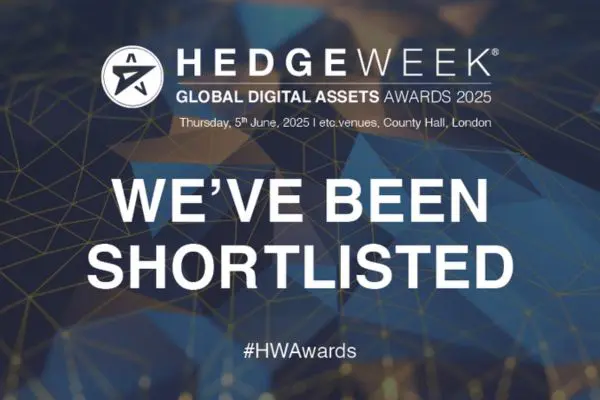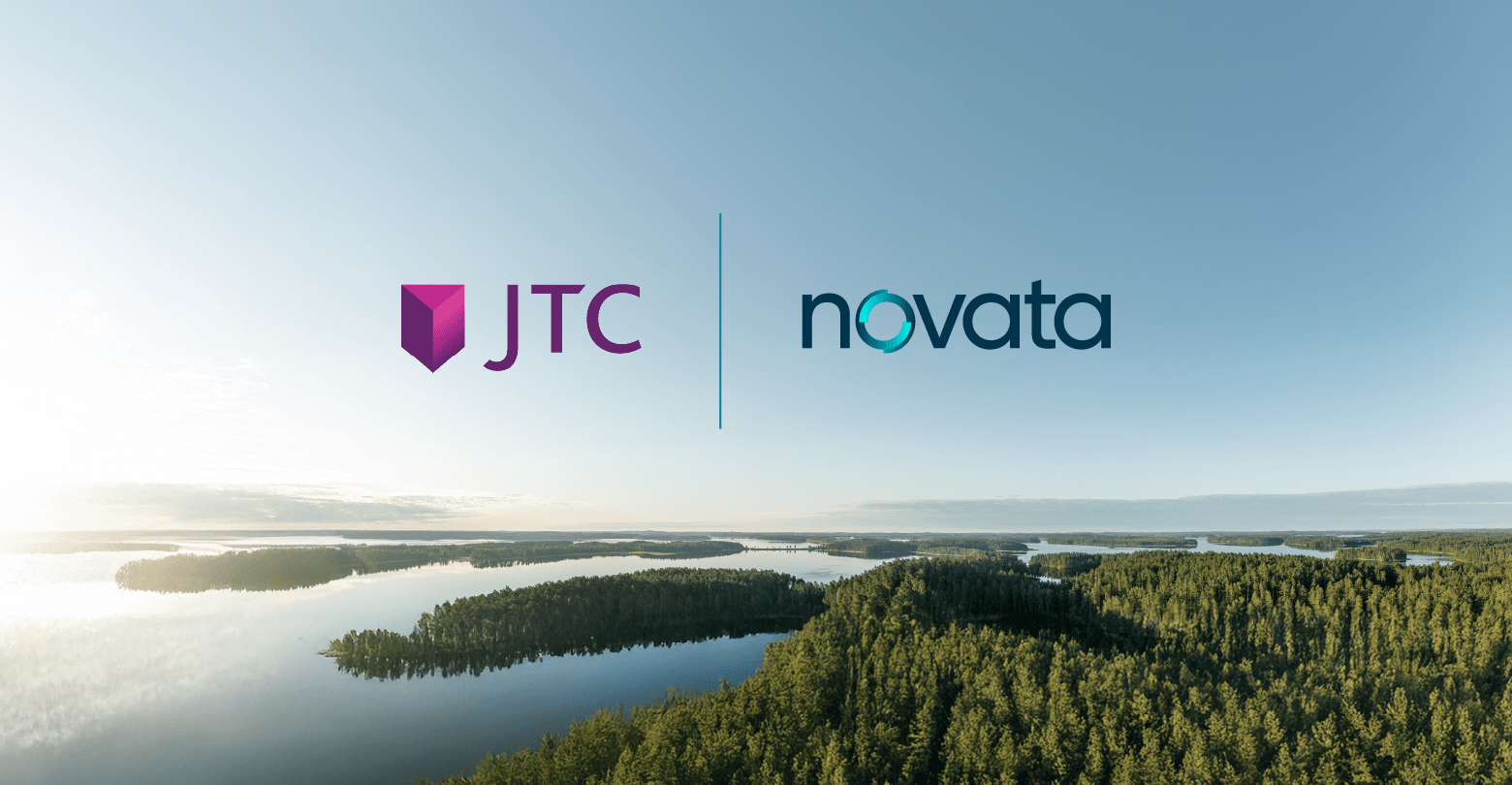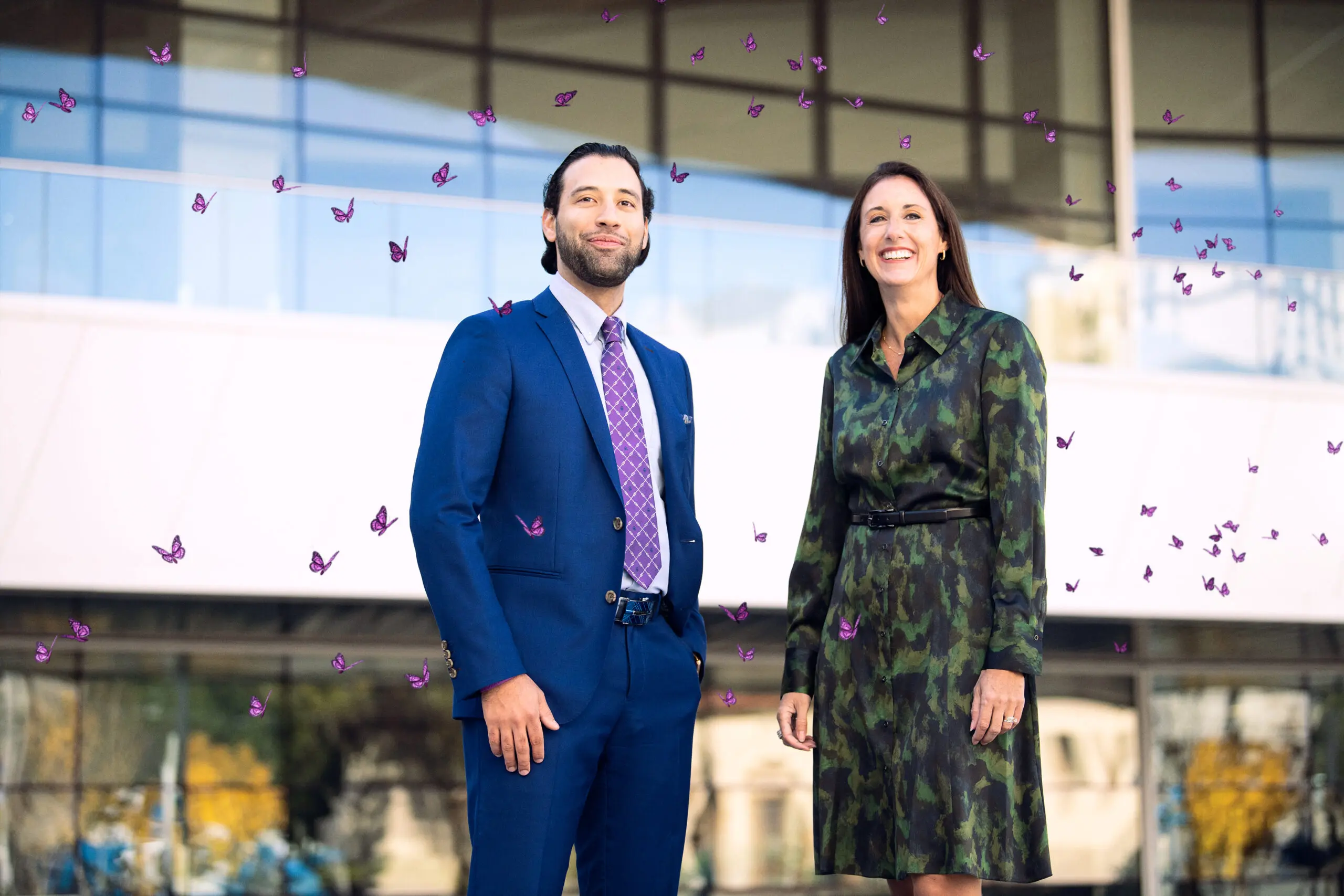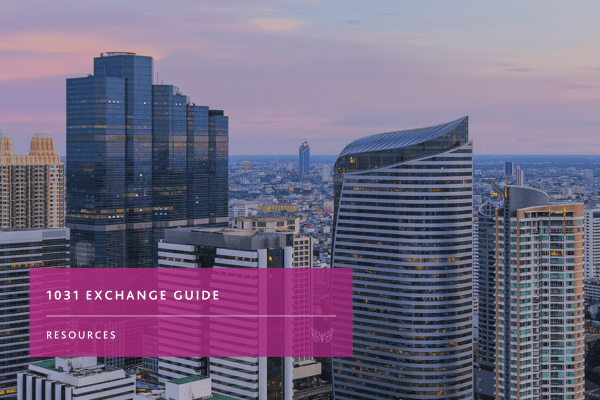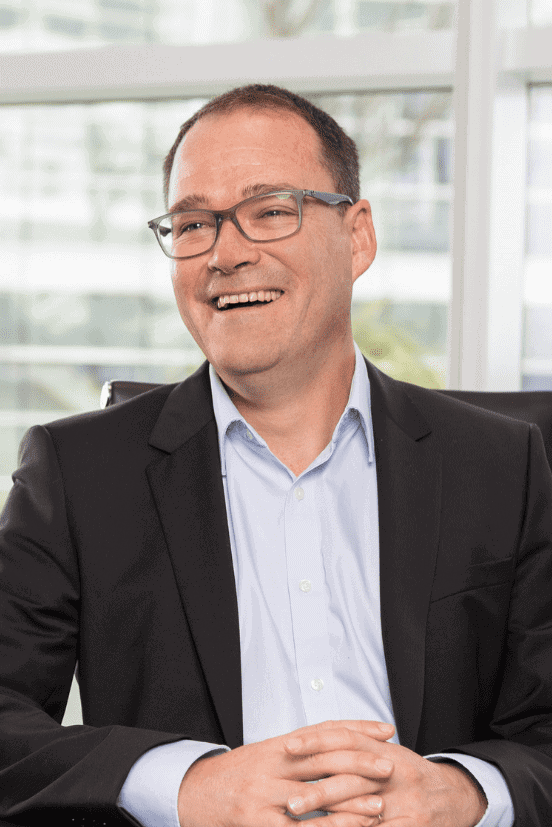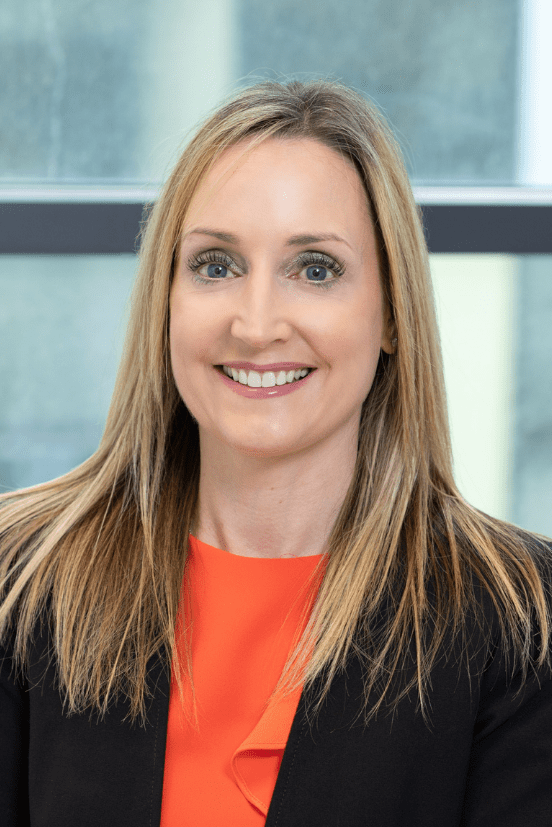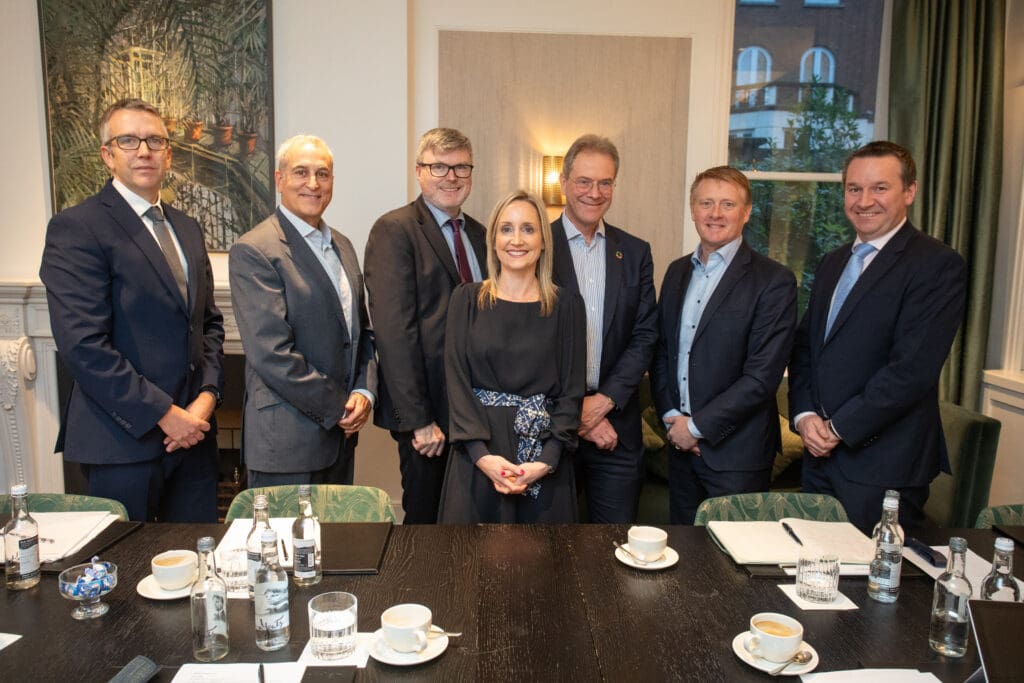Promoters of alternative investment funds (AIFs) and alternative investment fund managers (AIFMs) continuously face challenges brought on by increased risk, a volatile macro environment and evolving regulatory requirements relating to the Alternative Investment Fund Managers Directive (AIFMD).
In order for AIFs to succeed, they need to work with the best teams possible, so that they can focus on their core areas of competency and strategy. In this article, JTC Group looks at some of the key themes and challenges impacting the alternative investment funds market and explores the role that service providers can play in mitigating some of these problems.
Markets cause a fundraising slowdown
Alternative investment funds endured a mixed year in 2022.
After attracting unprecedented investor inflows between 2020 and 2021, private capital fundraising declined precipitously in 2022, with managers raising $1.3 trillion, a 10% year on year drop[1], as inflation and rising interest rates both took their collective toll on the industry. The declines last year were particularly acute at buyout funds in Asia-Pacific and Europe.
The outlook for private equity in 2023 does not look too promising either, with 45% of executives telling S&P that they expected fundraising conditions to deteriorate further[2].
Similarly, real estate and growth equity have also struggled over the last 12 months.
Other asset classes fared better, however. Despite hedge fund performance suffering during the volatility last year, the industry still managed to raise $44 billion in Q4, bringing its AUM to $3.83 trillion. Elsewhere, infrastructure funds accumulated $139 billion (as of Q3 2022), causing AUM to surge past the $1 trillion mark[3], as investors view the strategy as being a solid hedge against inflation and interest rate risk.
Although some alternative investment funds are navigating the macro volatility, others – including private equity – are finding it notably harder.
Global regulatory burdens need global solutions
Another key theme impacting alternative investment funds is the extensive regulatory challenges in the EU. So what is happening exactly?
In the EU, revisions are being made to the AIFMD in what could cause challenges for some alternative investment strategies. Although the EU did not clamp down on delegation to the extent that many thought it would, AIFMs will still be expected to disclose information about their delegated risk and portfolio management functions[4].
Credit funds are also being targeted under AIFMD II, with new provisions imposing a 20% limit on loans to single borrowers if the borrower is a financial undertaking, a collective investment undertaking or a MiFID firm[5]. The AIFMD amendments further stipulate that AIFs must retain a minimum of 5% of the notional value of any loans that they originate and sell on the secondary market[6].
Environment, social and governance (ESG) and sustainability practices of fund managers are facing scrutiny from European and UK regulators. For example, the EU has implemented the Sustainable Finance Disclosure Regulation (SFDR), which obliges asset managers, including alternative investment funds, to publish details about how they integrate sustainability into their strategies. Meanwhile, the UK is implementing its own sustainable finance regime, raising fears about duplication, or even arbitrage with the EU.
All of these regulations are ultimately going to create added costs for the alternative investment funds industry.
An operating environment that is getting more complex
Fund operations are becoming more complicated as alternative investment managers’ AUM grows and firms look after more institutional mandates.
Institutional investors, such as pension funds, who have allocated vast amounts of money into alternative investment funds recently, have high reporting expectations. Often, these investors want frequent, detailed, digitalised and bespoke reporting of performance and risk metrics, and this can put a strain on some managers’ operations, especially those who retain legacy systems.
Strategy diversification is causing friction in operations too.
With managers looking to diversify their return streams due to the challenging macro conditions, many are responding by launching new strategies. For example, some buyout managers – whose portfolio companies are suffering due to inflation, and who are themselves struggling to access cheap financing – are increasingly launching hedge fund or debt strategies. Not only does this help protect their businesses during difficult periods, but it can enable managers to target a wider range of investors.
The problem, however, is that managers need to refine their operations so that they can support these strategies. Simply using existing systems, technology and people to handle new or esoteric strategies is not feasible, and increases the likelihood of firms making errors and incurring unwanted risks. While diversification does have some tangible benefits, it can create operational challenges.
Running an alternative investment fund has become more costly and complicated, owing to the challenging capital raising conditions, the influx of new regulations, the heightened reporting requirements expected now by investors and the decision by more managers to pursue hybrid strategies. As such, firms are now looking to leverage the services of external providers – including third party AIFMs – so that they can focus their attention on delivering returns.
JTC Global AIFM Solutions
JTC Global AIFM Solutions teams work together across Guernsey, Ireland and Luxembourg to provide EU and non-EU AIFM solutions, which are bespoke to clients’ individual needs.
As a non-EU AIFM, JTC in Guernsey provides services to a wide range of AIFs. Guernsey AIFMs have the added advantage of opting in or out of the AIFMD, depending on where client AIFs are marketed, a flexibility which is potentially attractive to non-European promoters with both European and non-European investor bases.
In addition, Guernsey has been granted an equivalence ruling by the EU, giving promoters certainty as to the long-term marketability of their AIFs into the EEA.
From an EU perspective, Luxembourg and Ireland represent the two largest investment fund centres outside of the US. Each has unique attributes which appeal to different AIFs depending on marketing, asset class and investment vehicle. Both represent stable economic environments with favourable tax regimes, established legal frameworks and highly skilled workforces.
JTC in Luxembourg provides AIFs with a broad range of AIFM services, including portfolio management, risk management, compliance and regulatory reporting. Our experienced team can provide tailored fund services to meet all fund managers’ needs, including third party AIFM, depositary, central administration and transfer agency.
In Ireland, JTC has built a strong reputation in the alternative funds industry helping institutional investors, international fund promoters and investment managers focus on their investment strategies and navigate the complex regulatory landscape. The Irish AIFM provides AIFM, portfolio and risk management solutions across a range of asset classes.
Backed by a dedicated and stable parent company, our AIFM services are comprehensive, cost effective and help reduce risk. They are underpinned by agile teams with extensive in-depth expertise and deep knowledge about compliance with the AIFMD.
Our breadth of experience ranges across alternative and traditional asset classes, including private equity, venture capital, loans and credit, real estate, fixed income, debt securities, equities, infrastructure and renewable energy, and longevity assets, including life settlements.
JTC Group offers the independence of a third party AIFM supported by the network of a FTSE 250 parent company.
To find out more, visit out dedicated website here: JTC Global AIFM Solutions, or contact one of our team below:
Guernsey – Kobus Cronje, JTC Global AIFM Solutions Limited.
Ireland – Orla Philippon, JTC Global AIFM Solutions (Ireland) Limited.
Luxembourg – Louis Lamotte, JTC Global AIFM Solutions S.A.
[1] Bain & Co Private Equity Outlook in 2023
[2] S&P – February 14, 2023 – Private equity fundraising sentiment bleak in 2023
[3] Preqin Global Report 2023
[4] Goodwin Law – January 31, 2023- AIFMD II gathers momentum: The European Parliament finalises its proposed text
[5] Goodwin Law – January 31, 2023- AIFMD II gathers momentum: The European Parliament finalises its proposed text
[6] Goodwin Law – January 31, 2023- AIFMD II gathers momentum: The European Parliament finalises its proposed text
Stay Connected
Stay up to date with expert insights, latest updates and exclusive content.
Discover more
Stay informed with JTC’s latest news, reports, thought leadership, and industry insights.
Let’s Bring Your Vision to Life
From 2,300 employee owners to 14,000+ clients, our journey is marked by stability and success.



